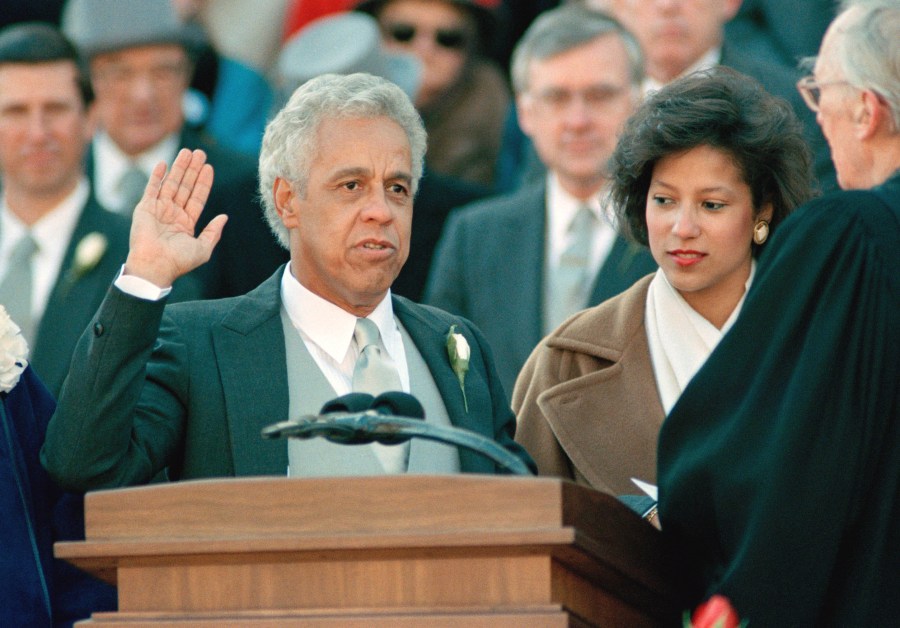RICHMOND, Va. (WAVY) — June 19 marks the national holiday of Juneteenth, which commemorates the end of slavery in the United States.

“Yes, it’s time to celebrate, but to celebrate knowing more about our history than we know today,” said former Virginia Governor Lawrence Douglas Wilder. “It’s a time for historical recognition.”
In 1863, Abraham Lincoln signed the Emancipation Proclamation, which declared free all slaves living in states not under Union control. However, approximately 250,000 African Americans living in Texas were still enslaved. It wasn’t until June 19, 1865, when Union troops arrived in Galveston, Texas, that they found out of they were free.
In 2021, the date became a federal holiday, remembered with jubilees and events across the U.S.
“It’s a time to celebrate, but a time to demand more of those who are in positions of leadership and power, to be certain that education once denied to not is not continually denied to those most in need. Like housing, and health care. So it’s a day to record, but it’s also a day to remember and to remember that our work is still undone,” Wilder said.
Wilder, now 92 years old, became the first ever Black governor in the United States when he was elected in 1989. He was also Virginia’s first Black lieutenant governor.

His grandparents were enslaved in the commonwealth.
“My grandfather was living in Richmond, and as slave with his wife. However, they were sold. And she was to Hanover which was about 35 miles away from Richmond. He would walk 35 miles one way. 70 miles total, every weekend, to be with his wife and three children because he didn’t have a slave pass, because he couldn’t travel freely over the road. So he had to steal away and in so doing, he had to receive a whipping each time he came back,” Wilder said.
He said his grandfather made the travel so often, the overseer knew he would always return.
“The overseer, who was called upon that wisdom, told him said like, ‘I know you’re not running away. So, but the master is watching over me.’ Consequently, ‘when I beat you, I’m not going to beat you. I’m gonna beat the saddle. And I want you to act as if I’m, I’m beating you, because it doesn’t make any sense.’ Now this little white overseer, saying this and my father never forgot that,” Wilder said.
Furthermore, he said his grandmother learned to read and write by listening to what the slave owner’s children were learning.
“My grandmother would sit there and listen and learn everything that they were teaching to those children so she could teach her children. That’s how they learn to read, to write, and do engage in mathematics and arithmetic,” Wilder said.
He hopes Juneteenth reminds African Americans to remember their ancestors’ plight.
“It means so much for us to recognize that it hasn’t been that long ago, when we were slaves, people of color even in northern areas were afraid to be there for fear of being picked up and accused of being runaway and sent to a slave-holding state,” Wilder said.
We asked Wilder how he thinks his grandparents would react to Freedom Day celebrations.
“This is hard to imagine, we could not even put ourselves in their minds on terms of imagination,” Wilder said. “But they will just be somewhat resisting the opportunities to say, ‘Why didn’t you let us have the same opportunity, we were entitled to?'”






